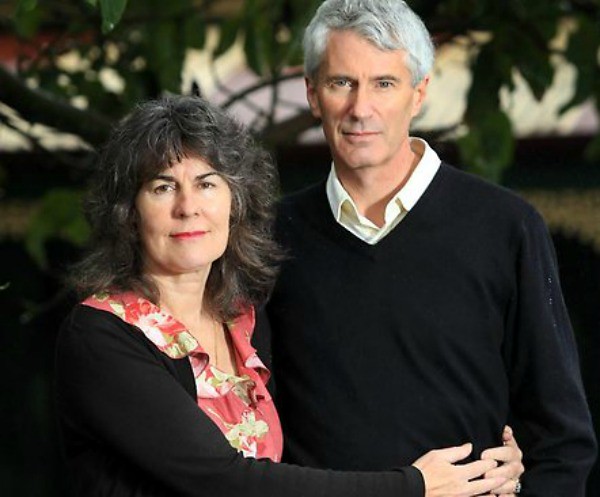This morning a State Funeral will be held for Catholic Church child sexual abuse victims advocate Anthony Foster, who died suddenly on 26 May.
In her tribute to 'the man who was integrity personified', fellow campaigner and Newcastle Herald journalist Joanne McCarthy says there wouldn't be a Royal Commission into Institutional Responses to Child Sexual Abuse without Anthony and and his wife Chrissie.
'Anthony Foster's integrity left him devastated by the Catholic Church, but it also made him one of its most devastating and formidable foes.'
In earlier days I was not a fan of the Fosters. I did not like the way they treated the Church as the enemy. I was aware of the Church's often unsung role in standing up for victims of abuse in many other areas such as sexual slavery.
I knew that the Church was fundamentally on the side of victims of all sorts of injustice. So I did not understand why the Fosters couldn't work with the Church rather than against it in achieving justice for the victims of the rogue priests.
I was naive and wrong. Eventually I came to accept that sexual abuse was a sin of the Church itself more than the 'rogue priests', whom I believed were themselves victims.
I became convinced that the Church's culture stunted the priests' growth as sexual beings and that child sexual abuse was the result. The Church as an institution had to own responsibility for sexual abuse, and change its culture.
The Fosters were right. The Church could not be trusted to achieve justice for abuse victims using its own processes. The perpetrator of the evil of the abuse was the Church itself, rather than a few - or even more than a few - bad apples. Don't put Dracula in charge of the blood bank.
So I came to believe that the Church was indeed the enemy of the people, as it had been portrayed by the Fosters and the media. If it was really the champion of the poor and marginalised - as I'd previously believed - why was it using its considerable financial resources to engage the best lawyers to fight the hapless victims in court?
If the Church itself was taking an adversarial approach towards victims, why shouldn't victims' advocates like the Fosters take an adversarial approach towards the Church? I was fully on board with the Fosters.
Fortunately the Fosters and other victims' advocates had fellow travellers within the Church. Some were courageous and competent individuals in positions of influence such as Francis Sullivan of the Church's Truth, Justice and Healing Council. He was not afraid to slap down the Bishops - his employer - until they joined him in insisting that the Church's culture must change.
That is now happening, with some of the strongest and most moving statements and actions coming from bishops themselves. I think Parramatta Bishop Vincent Long's tribute to Anthony Foster must be the most notable. He reveals that he was quietly working with the Fosters to achieve justice for victims while some of his fellow bishops were fighting them in court.
Now others are joining him. These include Archbishop Anthony Fisher of Sydney, who personally castigated the Fosters during World Youth Day 2008 for 'dwelling crankily on old wounds'. These words of Bishop Long speak for themselves. The Church's own theological term metanoia (conversion of heart) comes to mind.
'At the end of the Royal Commission hearing of the five Metropolitans, the Fosters met with Archbishop Anthony Fisher OP. After he had left the meeting, Anthony [Foster] became very concerned how deeply affected Archbishop Fisher was. He contacted me and asked if I could check and make sure that the Archbishop was OK.'
Links: funeral McCarthy Long wounds
